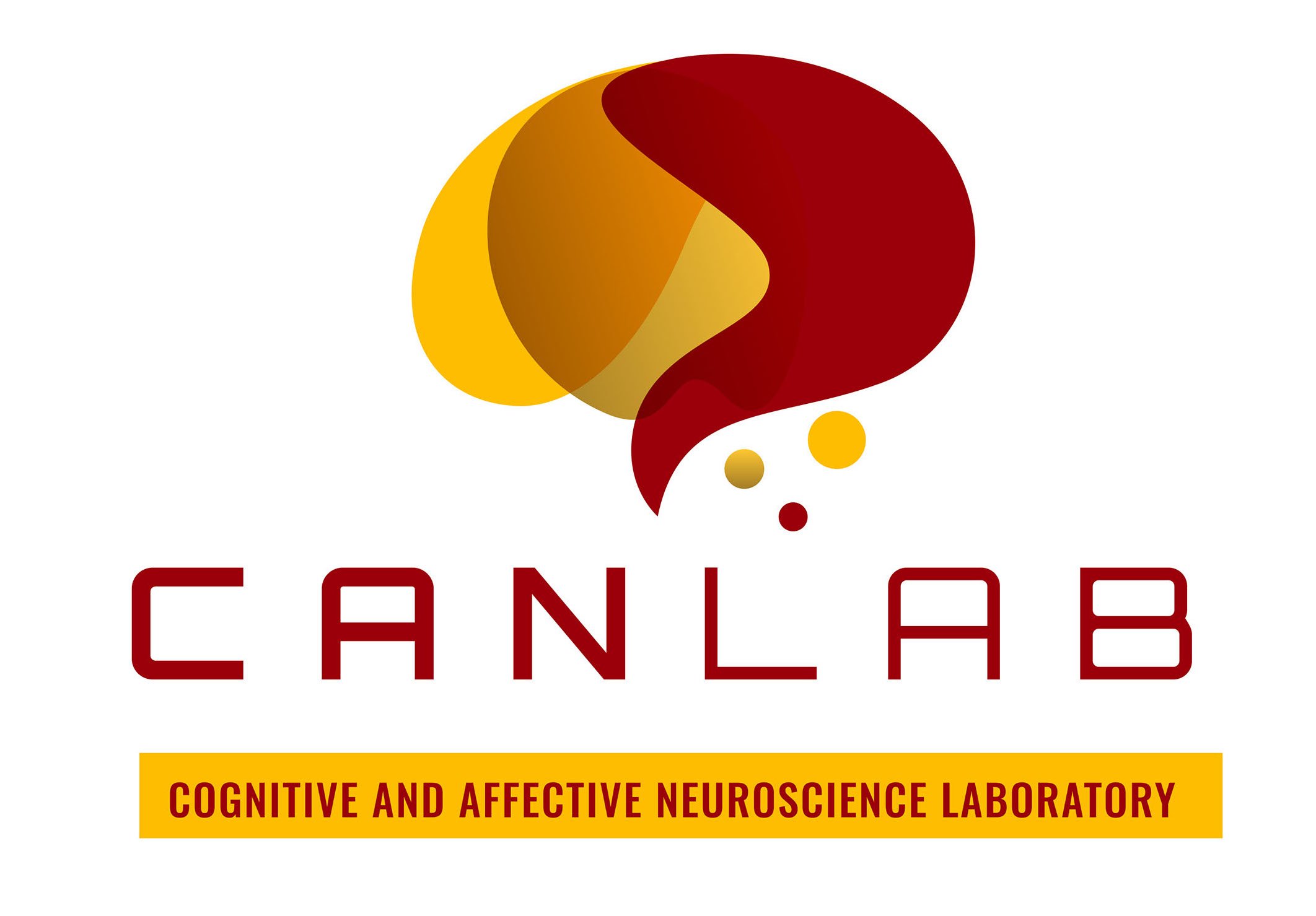2006
2006
Budson AE, Todman RW, Chong H, Adams EH, Kensinger EA, Krandl TS & Wright CI (2006). False recognition of emotional word lists in aging and Alzheimer's disease. Cognitive and Behavioral Neurology, 19, 71-78. pdf
Gallo DA, Kensinger EA, & Schacter DL (2006). Prefrontal activity and diagnostic monitoring of memory retrieval: fMRI of the criterial recollection task. Journal of Cognitive Neuroscience, 18, 135-148. pdf
Kensinger EA (2006). Remembering emotional information: effects of aging and Alzheimer's disease. Progress in Alzheimer's Disease Research. Hauppauge, NY: Nova Science Publishers, Inc. pdf
Kensinger EA, Garoff-Eaton RJ, & Schacter DL (2006). Memory for specific visual details can be enhanced by negative arousing content. Journal of Memory and Language, 54, 99-112. pdf
Kensinger EA, Krendl AC, & Corkin S (2006). Memories of an emotional and a nonemotional event: Effects of aging and delay interval. Experimental Aging Research, 32, 23-45. pdf
Kensinger EA & Schacter DL (2006). Amygdala activity is associated with the successful encoding of item, but not source, information for positive and negative stimuli. Journal of Neuroscience, 26, 2564-2570. pdf
Kensinger EA & Schacter DL (2006). Neural processes underlying memory attribution on a reality-monitoring task. Cerebral Cortex, 16, 1126-1133. pdf
Kensinger EA & Schacter DL (2006). Reality monitoring and memory distortion: Effects of negative, arousing content. Memory and Cognition, 34, 251-260. pdf
Kensinger EA & Schacter DL (2006). Processing emotional pictures and words: Effects of valence and arousal. Cognitive, Affective, and Behavioral Neuroscience, 6, 110-126. pdf
Kensinger EA & Schacter DL (2006). When the Red Sox shocked the Yankees: Comparing negative and positive memories. Psychonomic Bulletin and Review, 13, 757-763. pdf
2004-2005
2005
Kensinger EA & Giovanello KS (2005). The status of semantic and episodic memory in amnesia. Progress in Neuropsychology Research: Brain Mapping and Language. Hauppauge, NY: Nova Science Publishers, Inc. pdf
Kensinger EA, Piguet O, Krendl AC, & Corkin S (2005). Memory for contextual details: Effects of emotion and aging. Psychology and Aging, 20, 241-250. pdf
Kensinger EA & Schacter DL (2005). Retrieving accurate and distorted memories: Neuroimaging evidence for effects of emotion. NeuroImage, 27, 167-177. pdf
Kensinger EA & Schacter DL (2005). Emotional content and reality-monitoring ability: FMRI evidence for the influences of encoding processes. Neuropsychologia, 43, 1429-1443. pdf
2004
Kensinger EA (2004). Remembering emotional experiences: The contribution of valence and arousal. Reviews in the Neurosciences, 15, 241-251. pdf
Kensinger EA, Anderson A, Growdon JH, & Corkin S (2004). Effects of Alzheimer disease on memory for verbal emotional information. Neuropsychologia, 42, 791-800. pdf
Kensinger EA & Corkin S (2004). Cognition in Aging and Age-Related Disease. In Adelman G and Smith BH (Eds.) Encyclopedia of Neuroscience (Web, CD-Rom)New York: Elsevier Press. pdf
Kensinger EA & Corkin S (2004). The effects of emotional content and aging on false memories. Cognitive, Affective, and Behavioral Neuroscience, 4, 1-9. pdf
Kensinger EA & Corkin S (2004). Two routes to emotional memory: Distinct processes for valence and arousal. Proceedings of the National Academy of Sciences, USA, 101, 3310-3315. pdf
O'Kane G*, Kensinger EA*, & Corkin S (2004). Evidence for semantic learning in profound amnesia: An investigation with patient H.M. Hippocampus, 14, 417-425. (*equal authorship) pdf
Skotko B, Kensinger EA, Locascio JJ, Einstein JG, Rubin DC, Tupler LA, Krendl AC, & Corkin S (2004). Puzzling thoughts for H.M.: Can new semantic memories be anchored to old semantic memories? Neuropsychology, 18, 756-769. pdf
1999-2003
2003
Kensinger EA, Clarke RJ, & Corkin S (2003). What neural correlates underlie successful encoding and retrieval? A functional magnetic resonance imaging study using a divided attention paradigm. Journal of Neuroscience, 23, 2407-2415. pdf
Kensinger EA & Corkin (2003). Alzheimer Disease. In Encyclopedia of Cognitive Science. London: Macmillian, Ltd. pdf
Kensinger EA & Corkin S (2003). Effect of divided attention on the memory benefit for negative as compared to neutral words. Brain and Cognition, 51, 223-225. pdf
Kensinger EA & Corkin S (2003). Effect of negative emotional content on working memory and long-term memory. Emotion, 3, 378-393. pdf
Kensinger EA & Corkin S (2003). Memory enhancement for emotional words: Are emotional words more vividly remembered than neutral words? Memory and Cognition, 31, 1169-1180. pdf
Kensinger EA & Corkin (2003). Neural Changes in Aging. In Encyclopedia of Cognitive Science. London: Macmillian, Ltd. pdf
Kensinger EA, Shearer DK, Growdon JH, & Corkin S (2003). Working memory in mild Alzheimer’s disease and early Parkinson’s disease. Neuropsychology, 17, 230-239. pdf
Kensinger EA, Siri S, Cappa SF, & Corkin S (2003). Role of the anterior temporal lobe in repetition and semantic priming: Evidence from a patient with a category-specific deficit. Neuropsychologia, 41(1), 71–84. pdf
Siri S, Kensinger EA, Cappa SF, Hood KL, & Corkin S (2003). Questioning the living-nonliving dichotomy: Evidence from a patient with an unusual semantic dissociation. Neuropsychology, 17, 630-645. pdf
2002
Abstracts from Emotion and the Brain 12th Annual Rotman Research Institution Conference. pdf
Corkin, S. What's new with the amnesic patient H.M.?. Nat Rev Neurosci 3, 153–160 (2002). link
Kensinger EA, Brierley B, Medford N, Growdon JH, & Corkin S (2002). Effects of normal aging and Alzheimer’s disease on emotional memory. Emotion, 2, 118-134. link
Schmolck H, Kensinger EA, Corkin S, & Squire LR (2002). Semantic knowledge in patient H.M. and other patients with bilateral and medial and lateral temporal lobe lesions. Hippocampus, 12, 520-533. pdf
2001
Kensinger EA, Ullman MT, & Corkin S (2001). Bilateral medial temporal lobe damage does not prevent the retrieval and use of grammatical or lexical information: evidence from the amnesic patient H.M. Hippocampus, 11, 347-360. pdf
1999
Kensinger EA & Schacter DL (1999). When true memories suppress false memories: Effects of aging. Cognitive Neuropsychology, 16, 399-415. pdf
